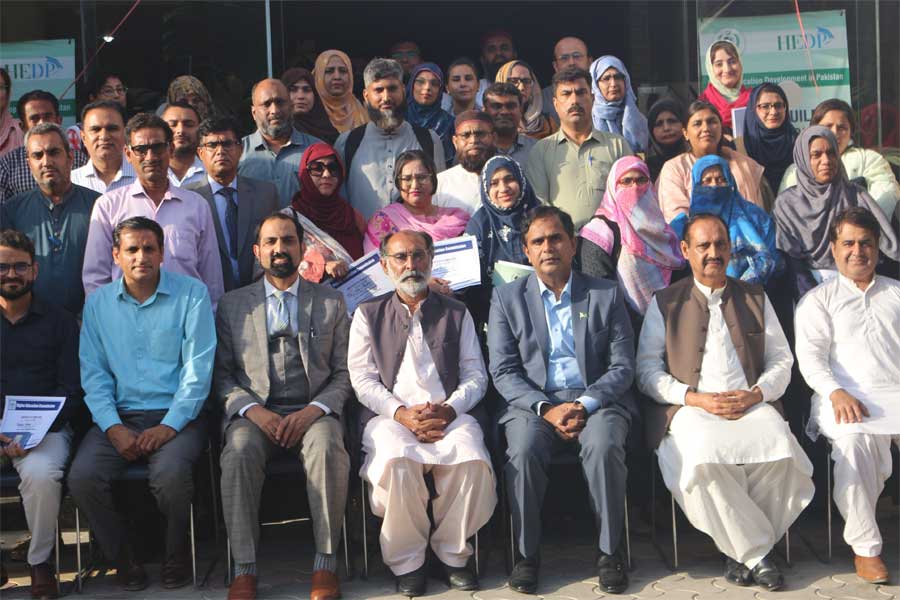Propaganda has long been recognized as a potent tool for shaping public opinion, and its impact on perceptions of different communities cannot be overstated. Governments have frequently deployed propaganda to advance their agendas, whether to justify military interventions or push through legislative measures. Propaganda against Muslims has a long history. This potent tool played a significant role in fueling Islamophobia.
The roots of Islamophobia can be traced back to the Darwinian philosophy embraced by the British, which posited that all uncivilized and non-perfect nations, such as Muslims or other natives, were meant to be ruled by Westerners or the British and had no right to live. Throughout history, major powers like Germany, Britain, the US, and the USSR have wielded propaganda to sway public sentiment on various issues.
The Muslim world has often found itself at the receiving end of such propaganda, both in ancient times and in the contemporary era. Western propaganda, in particular, has inflicted significant harm by portraying Muslims as malevolent actors and legitimizing resource exploitation under the guise of promoting peace. The roots of this propaganda reach back to the earliest days of human history, and its effects can be polarizing, either unifying or dividing nations.
Historically, the Muslim world has been targeted by propaganda campaigns aimed at fostering division and discord. During the colonial era, colonizers employed tactics to sow hatred and depict Muslims as uncivilized and inherently violent. This led to the widespread misconception that Muslims were inherently hostile, exacerbating divisions within Muslim communities and fueling sectarian strife. Indian subcontinent was ruled by Muslim prior to British.
The colonizers strategically pushed Muslims into backwardness and crisis, subjecting them to severe torture. The torture houses of the British and French were replete with Muslim freedom activists and leaders. Lahore Fort (Pakistan) during the British Raj, many Muslim leaders and activists, such as those involved in the Khilafat Movement, were imprisoned and tortured here. Omar Mukhtar, a prominent Libyan resistance leader, was captured and executed by the Italian authorities, but many of his followers were tortured in prisons controlled by the Italian colonial regime. Al-Hajj Amin al-Husseini, the Grand Mufti of Jerusalem, who was involved in anti-British activities, was detained and faced severe treatment by the British authorities in Palestine.
The collapse of the Ottoman Empire serves as a stark example of the devastating impact of nationalist anti Islamic propaganda. British agents in Arabia disseminated propaganda that ultimately contributed to the empire’s downfall. In the Indian subcontinent, British propaganda sought to discredit Muslim scholars and denigrate Muslim culture, leading to a rejection of traditional values among Muslim youth.
Arab nationalist movements, particularly those seeking independence from Ottoman rule, opposed the Caliphate. Leaders like Sharif Hussein of Mecca, who initiated the Arab Revolt against the Ottomans, were supported by the British and promoted the idea of Arab nationalism over pan-Islamism. Mustafa Kemal Ataturk and his supporters in Turkey sought to modernize and secularize the country, viewing the Caliphate as an impediment to their goals. They propagated the idea that Turkey needed to abandon the Caliphate to become a modern nation-state. The internal division of Muslims also weakened Khilafat as a major sect was not supportive to the Sunni led Khilafat. The reformists also promoted the propaganda that Khilafat is an outdated concept. Newspapers, pamphlets and books were used to disseminate the propaganda. This propaganda then converted after the fall to spread Islamophobia and was used as a reason to torture Muslims.
The Cold War era saw a further escalation of propaganda efforts, with both the US and USSR vying for influence in Muslim-majority regions. The US supported jihadist groups in Afghanistan to combat communism, only to vilify them as terrorists after the Soviet withdrawal. This vilification was intensified following the tragic events of 9/11, leading to the demonization of Muslims and the proliferation of Islamophobia. The 9/11 event created extreme hate in the minds of many Westerners towards Muslim civilians and innocent people. This led to very unjust behavior being shown towards them. It is fundamentally wrong to punish individuals for the crimes or actions of others, including acts of state-sponsored terrorism.
The ongoing Gaza crisis has revealed the true face of those behind Islamophobia. This exposure has been facilitated by educational campaigns and access to information in our globalized world. With social media, every individual can see and shape their opinions on what is happening in Gaza. Many nations are protesting against the Zionist atrocities, demonstrating widespread solidarity. This event has significantly challenged Islamophobia by showing that Muslims are not uncivilized but rather oppressed.
Despite these challenges, efforts are under way to counter Islamophobia through education and awareness-raising initiatives. It is increasingly recognized that education is key to dispelling misconceptions and fostering mutual understanding. Events like Islamophobia Day, observed annually on March 15, serve as reminders of the importance of combating prejudice and discrimination.
In conclusion, while propaganda has historically been used to manipulate public opinion and perpetuate stereotypes, there is hope for a more inclusive future. By challenging harmful narratives and promoting education, individuals and communities can work together to build a world free from the shackles of prejudice and discrimination.



